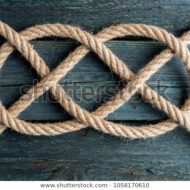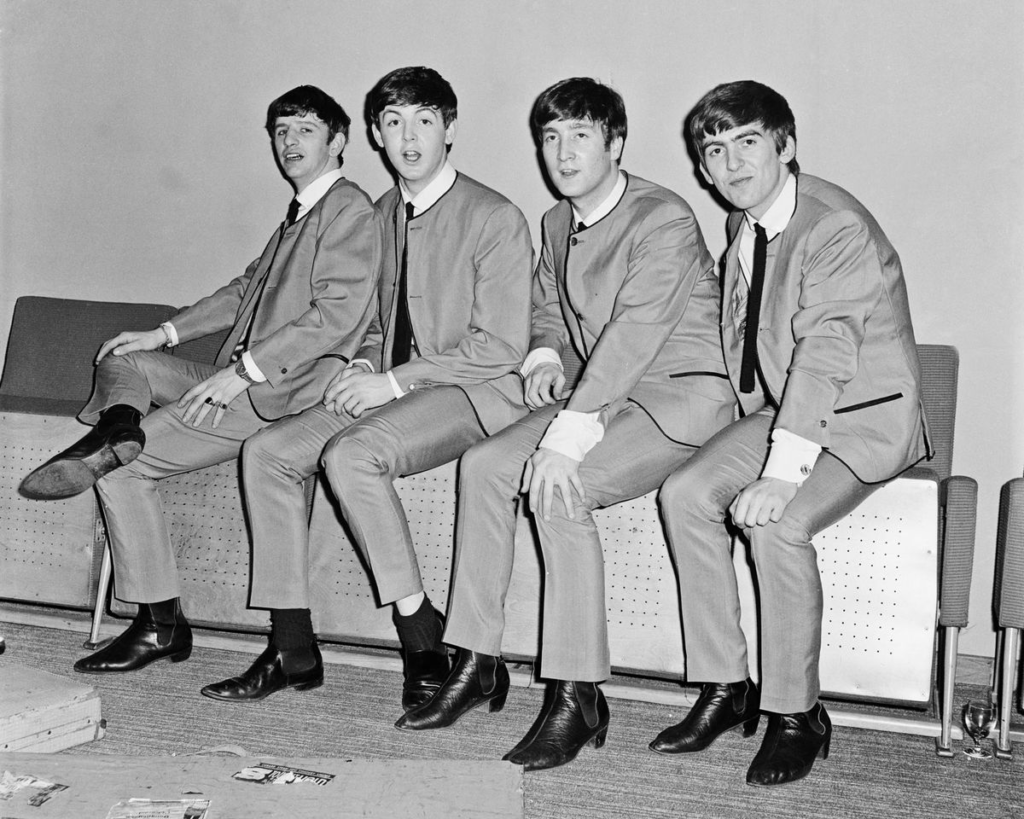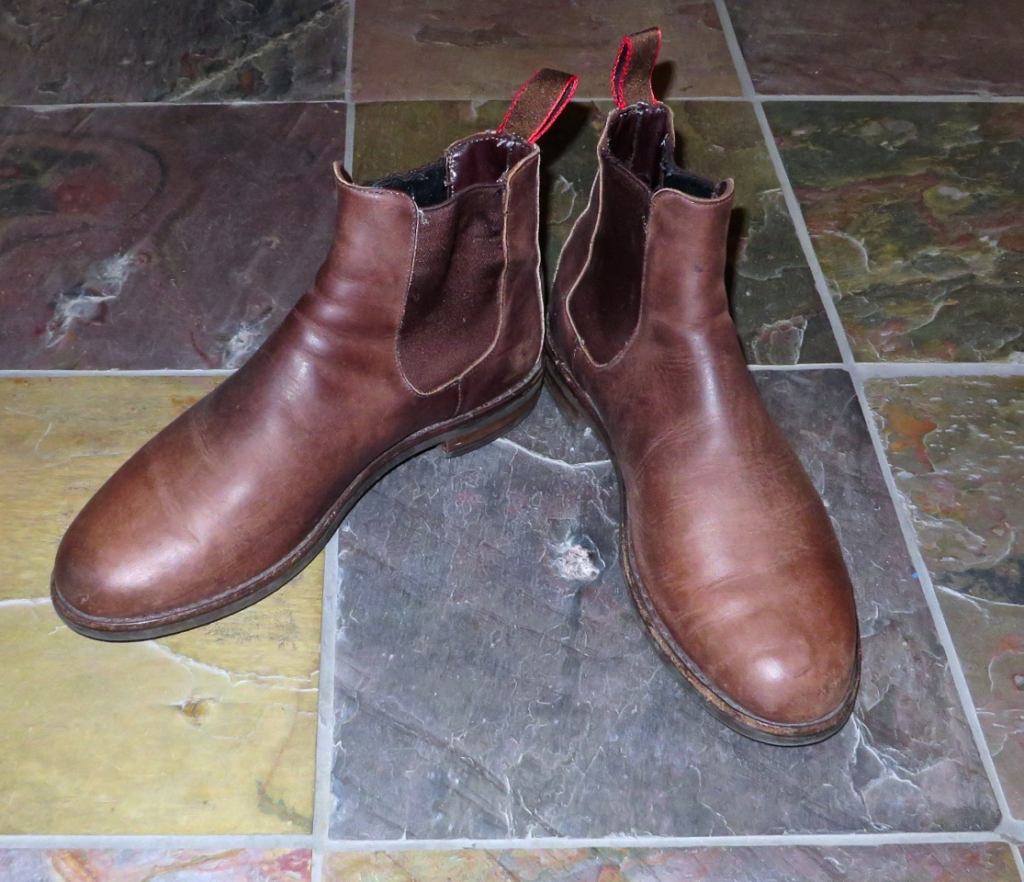The answer is no. At least I think it is. And I get that partly from my unwillingness to surrender to their rule.
But I ask the question because I am not certain, and I am concerned that too few Americans recognize how close we are to losing control of this country to fascism.
I spent enough years inculcated by conspiracy theories and tales of secret ruling parties and hidden agendas of world domination. I was saved by critical thinking, a practice I always used a little here and there, but came to adopt as my operating program for discerning truth. I don’t know that there was a clear line in the sand, but it might well have been the proposition that multi-dimensional, shape-shifting, reptilian overlords are controlling the governments of the western world, and acting as replicants to replace actual world leaders. Yeah, when I was told Queen Elizabeth II and George W. Bush were Lizard-People, I realized how detached the whole New World Order conspiracy had become from reality.
But something I learned while I was romping around in the mud of global conspiracy hogwash did make sense. And that is about the hidden part. How will we know when the global cabal has successfully enslaved us all? The answer is: they will stop hiding.
They will stop hiding should they gain complete control, because at that point there is nothing we can do to stop them.
But this part is intuitive. We have been told since childhood that one day the evil one will reveal himself. (At least if you were raised Christian, or around enough of them.) As a young adult I was captivated by the notions of the Antichrist and people being forced to bear the mark of the beast. All of this would happen after the Antichrist gained control.
And watch enough crime mysteries and the bad guy always has a moment of reveal where he exposes his entire evil plot to the hero because he thinks it too late to stop him.
But how late is too late? Even some of James Bond’s climatic escapes and destruction of the villain’s plot seemed laughably implausible. (Maybe all of them.) But surely we aren’t going to rely on James Bond, or any other fictional superhero-come-to-life to save us? Surely we aren’t all going to standby and hope for some savoir to rise up and vanquish fascism? We all need to be James Bond or Derek Flint. Or Captain America. And our superpowers can be our large numbers. The will of the people.
So why do I ask if the Fascists have already won?
Because they are acting like it. They are no longer hiding or masquerading or disguising or diluting or dismissing their overt racism. They are no longer operating with plausible deniability like they used to. The Ku Klux Klan wore hoods so they couldn’t be identified outside of their group. The hoods have come off.
The talk of “traditional American values and culture” was a euphemism for white power, but now they just say white people are being replaced. They’ve taken off the hoods, mostly.
I listened to reporting about the CPAC conference held recently in Texas. CPAC is Conservative Political Action Committee. I saw clips from several speakers, which included accurate context, but I didn’t watch the whole thing myself. I didn’t have the stomach for it, and there are others who are willing to sit through it and report back to the rest of us. They have openly taken an anti-trans, anti-woke, anti-immigrant, anti-woman, and most recently an anti-race-mixing platform. This last was done when they invited the Hungarian Prime Minister Viktor Orbán as Keynote speaker.
Orbán has shattered real democracy in Hungary, and though he did this by gaining popularity, the loss of that would not result in him losing power, as he has dismantled many of the tools citizens use to effect change peacefully. He is an authoritarian in all the true senses of that word. And he is racist and xenophobic. His most recent alarming statement was making it clear that he thinks race-mixing is a great wrong that should be prevented. Europeans could mix, but not with other races. And combined with other statements he has made over time, he isn’t talking about skin color mixing only, though that is certainly included. He also means Jews. He seems particularly concerned with Jews and Romani peoples.
Last year CPAC went to Hungary to hold their rally. Many people asked why would an American conservative PAC hold its convention in a foreign country, but the answers didn’t satisfy anyone. The unspoken answer is that they liked the nationalistic and authoritarian message they heard coming from there. But now they invite him to amplify the white power message right here in America.
And other speakers at the conference, prominent actors in the conservative movement and in the Republican party, voiced similarly disturbing viewpoints. They went from anti-woke to anti-immigrant to anti-democracy. They were particularly concerned about pronouns, but not so much to actually look up what the word means, apparently. They were rabidly concerned that they appeared tough. And here they miss the mark widely, and settle for sounding bitter and mean, spiteful and superior to those who are different.
A decade ago, the most of them would hide behind couched phrases instead of overt racism and anti-semitism. Now they invite openly anti-semitic leaders to headline their shows. Now they stand in front of a camera and microphone and publicly denounce the “other.” Whether it be your color, your language, your gender, your sexual orientation, your religion, or even political affliliation, if you are not cis-gender, white, gun-owning Christian, you are not welcome.
Long gone is the “Big Tent” GOP. They are no longer interested in gaining support from the other. And they aren’t even interested in appealing to the middle ground of America who isn’t overtly racist and doesn’t hate the Jews. They don’t want that support.
The conservative movement has gone fully conspiracy crazy, and is ardently pro-white and wants a Christian theocracy. They would terminate rights for many Americans and replace the government of, by, and for the American people, with one of, by, and for the “Real American people.” And here “Real Americans” are the straight, white Christians.
This new conservative movement talks openly of dismantling the government agencies that are investigating the corruption and crime of the previous President, and avenging these actions with retribution. They are openly threatening to do harm to these people when Republicans retake control of the federal government. They are promising to Impeach the current President and Vice-President, apparently for getting elected.
They aren’t trying to hide it anymore.
That led me to the question: Why not?
My instinct is that they have miscounted their support among the people. That they have overestimated their numbers. Like the “Moral Majority” of the 1980s, the current “Silent Majority” isn’t either of those things. They confine themselves to confirmation bubbles where they come to believe their view is shared widely. I saw this in a quote by Trump supporting election denier who said that Biden couldn’t have won because he didn’t know anyone who had voted for him.
But what if it is more than that? What if this fascist movement knows something we don’t? What if they know they already have enough control at state levels, and know that the Supreme Court is going to hand all election powers to state legislatures without requiring popular vote or state court challenges?
Don’t mistake this last. There is a case coming before SCOTUS next session that could decide in a warped interpretation of the 12th Amendment, it would allow no challenge to a decision by state legislatures to set aside a popular vote and select their own slate of electors.
Democracy in America is at the edge of the cliff. And there is a concerted effort by many powerful people to push it over.
The only chance we have to keep it is to push back now, and hard. We must make it clear in the coming elections that we have the numbers to keep democracy. Because keeping democracy is a worthy fight, and a lot easier than winning it back again.
The bad guys have quit hiding what they are. Is this because they have won? Or merely believe they have won?
In either case we are in too precarious a spot to ignore this threat.
Vote.








